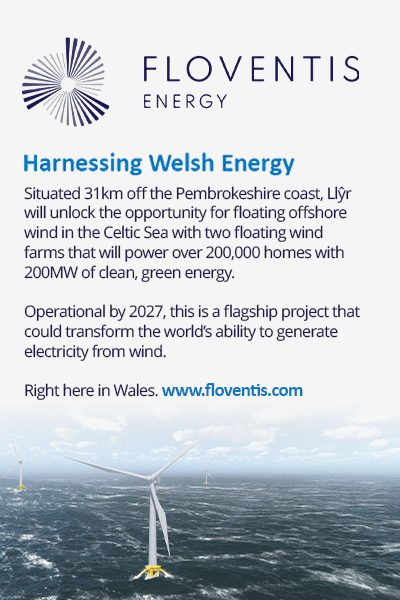The goal of net zero power must be delivered by building on the UK’s existing industrial strengths, creating jobs and growing domestic companies.
That’s the message from trade body Offshore Energies UK (OEUK), which has published a blueprint mapping out how the UK can meet the UK Government target of net zero power by 2030.
Chief Executive David Whitehouse said the effort required would be “herculean” and would need “everything everywhere all at once”.
But OEUK, which represents more than 400 businesses involved in energy generation from the UK continental shelf and the associated supply chain, says its members are well placed to support the transition to clean energy.
It warned that the goal of net zero power must be delivered by building on the UK’s existing industrial strengths, creating jobs and growing domestic companies – not simply by importing the technology and skills from other countries.
The independent report commissioned from AFRY Management Consulting outlines in detail how these challenges can be overcome if the new UK Government is to achieve this ambitious target:
Deployment challenge: More than 90 gigawatts of new generation capacity will be needed by 2030 – equivalent to powering more than 90 million homes
-
- 80GW of this must come from renewables – trebling offshore wind capacity and doubling current onshore wind and solar power capacity. This would mean repeating or exceeding the maximum historical annual new wind and solar installations each year between now and 2030.
- 15 GW more energy must come from low carbon ‘dispatchable’ capacity which can be called upon to provide reliable electricity with gas fired power generation offset with carbon capture, and hydrogen power generation for periods when there is no wind or sun.
- Expansion of interconnector power transmission capacity from 10GW today to 21GW by 2030 for energy trade linking us to continental European markets and Ireland.
- Planning challenge: Co-ordinated support to cut long project lead times, expansion of existing pipelines of work and additional capacity for approvals
- 6GW of grid connection agreements for offshore wind must be rapidly brought forward
- Most of the required new power generation capacity is anticipated to need some form of government support
- Government-backed revenue support schemes must be finalised for new dispatchable low carbon technologies if they are to receive awards by 2027
- The number of government-awarded contracts in terms of gigawatts per year for offshore wind, onshore wind and solar power must all double
- Rates of planning consent must be maintained at the highest possible throughput which may require further streamlining of current planning consent processes
- Time challenge: Recognition that there is limited room for delay
- Failure to deliver in one area will generally lead to knock-on problems in another area especially where there are already technological problems with scaling up energy supply
OEUK Chief Executive David Whitehouse said:
“This independent report commissioned by OEUK shows that plans for a fully decarbonised power grid by 2030 are achievable but need high speed collaboration with business. It will require a herculean effort by government, regulators and industry working together to deliver change to UK infrastructure on a scale unseen since the industrial revolution.
“We will need everything everywhere all at once. Every year between now and 2030 we will have to install as many or more new offshore wind farms as we have ever achieved.
“Zero carbon power generation must come from reliable supplies that can be easily called upon when the wind doesn’t blow and the sun doesn’t shine. In our 2030 net zero power grid there will remain an important role for gas fired power offset with carbon capture.
“The UK offshore industry is up for the challenge. Getting this right could mean big opportunities for our companies and people which will drive economic growth across the UK.
“It makes no economic sense to import the skills and the technologies needed to deliver the energy transition from other countries. Growing our existing world class supply chain has to be a priority on this mission. There will be no prizes if we do not support our existing industries and anchor jobs here in the UK.
“We know the UK energy supply chain has between 60% to 80% of the capabilities required to develop low carbon energies. We are ready to work with the new Government to unlock investment in the homegrown energy transition.”




